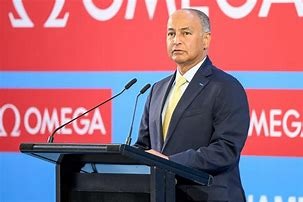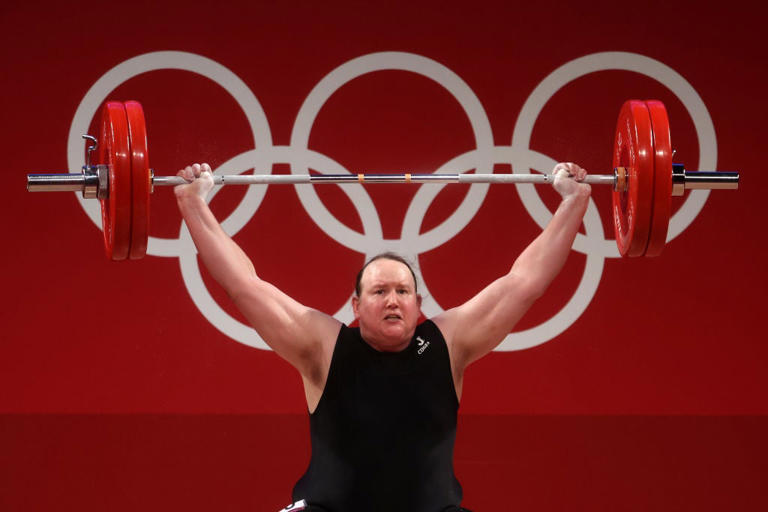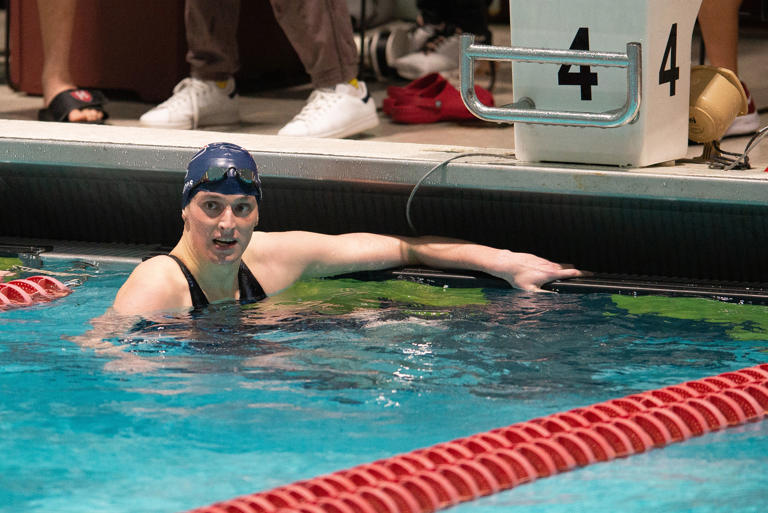
The Paris 2024 Olympics, set to be the first gender-equal games with 50 percent of the medals going to women, has implemented stricter rules and regulations regarding transgender athletes compared to previous Games. This move comes amid rising interest and concerns about the fairness of transgender women competing against cisgender women.
IOC Guidelines and Sport-Specific Regulations
The International Olympic Committee (IOC) does not have specific rules for transgender athletes but instead provides 10 guiding principles, leaving the eligibility criteria to each international federation. The guidelines require transgender women to have transitioned before the age of 12 to compete in the women’s category, aiming to prevent any potential biological advantage from male puberty.
Sports Adopting IOC Guidelines
World Athletics and FINA, swimming’s governing body, have adopted these guidelines. Cycling follows similar rules but has introduced an “open” category replacing the traditional men’s category, allowing transgender athletes to compete. World Rowing allows participation for those who transitioned before puberty, with testosterone levels maintained below 2.5 nmol/L for at least 24 months. Rugby also adheres to IOC guidelines, while sports like triathlon, tennis, and archery require testosterone levels to be below certain limits. Other sports handle transgender participation on a case-by-case basis.
FINA’s New Gender Inclusion Policy
The vote, which was 71.5 percent in favor of the new policy, took place after Congress heard speeches from representatives of a working group established in November 2021. This working group consisted of three specialist groups: an athlete group, a science and medicine group, and a legal and human rights group. After analyzing the conclusions of these groups, FINA developed a new policy that will apply at all FINA events. The policy will also be followed for world record ratification, wherever the competition takes place.Included in the policy are proposals for an open competition category. FINA will establish a new working group that will spend the next six months exploring the most effective ways to set up this new category.Commenting on the policy, FINA President Husain Al-Musallam said, “We have to protect the rights of our athletes to compete, but we also have to protect competitive fairness at our events, especially the women’s category at FINA competitions.” He added, “The creation of an open category will mean that everybody has the opportunity to compete at an elite level. This has not been done before, so FINA will need to lead the way. I want all athletes to feel included in being able to develop ideas during this process.”The new FINA gender inclusion policy came into effect on June 20, 2022.

Transgender and Non-Binary Athletes Competing in Paris
Laurel Hubbard made history as the first openly transgender athlete at the Tokyo 2020 Olympics, although she did not advance in her competition group. At the Paris Olympics, Nikki Hiltz, a transgender and non-binary athlete using “they/them” pronouns, will represent the USA in the 1500m event after setting a US trials record. Quinn, a Canadian non-binary footballer, will also compete, having always participated in female categories.

© Provided by The Independent
Transgender Athletes Barred from Competing
Several athletes have been affected by the new regulations. American BMX rider Chelsea Wolfe’s hopes were dashed by UCI’s updated rules. Halba Diouf, a Senegalese-born French sprinter, was barred by World Athletics’ regulations. Swimmer Lia Thomas, the first transgender athlete to win a US college title, lost a legal battle against World Aquatics, preventing her from competing in the female category.The new policies reflect ongoing debates about inclusivity and competitive fairness in sports. As the Paris 2024 Olympics approach, the impact of these regulations on transgender athletes will be closely watched, highlighting the balance between inclusivity and fairness in the evolving landscape of athletic competition.

© Provided by The Independent







